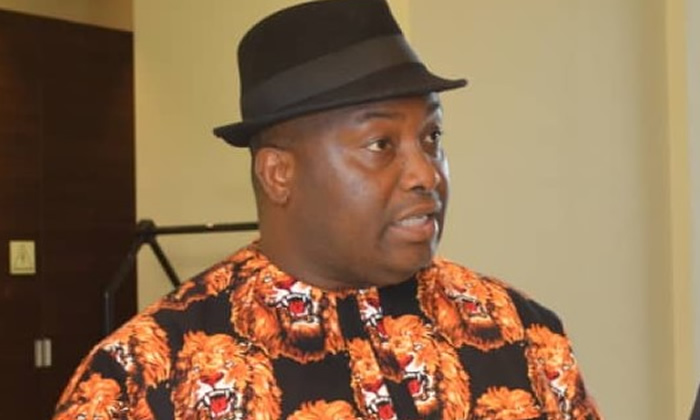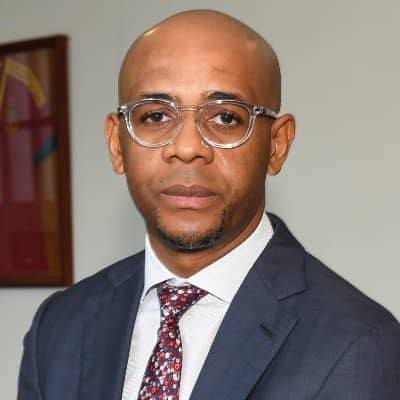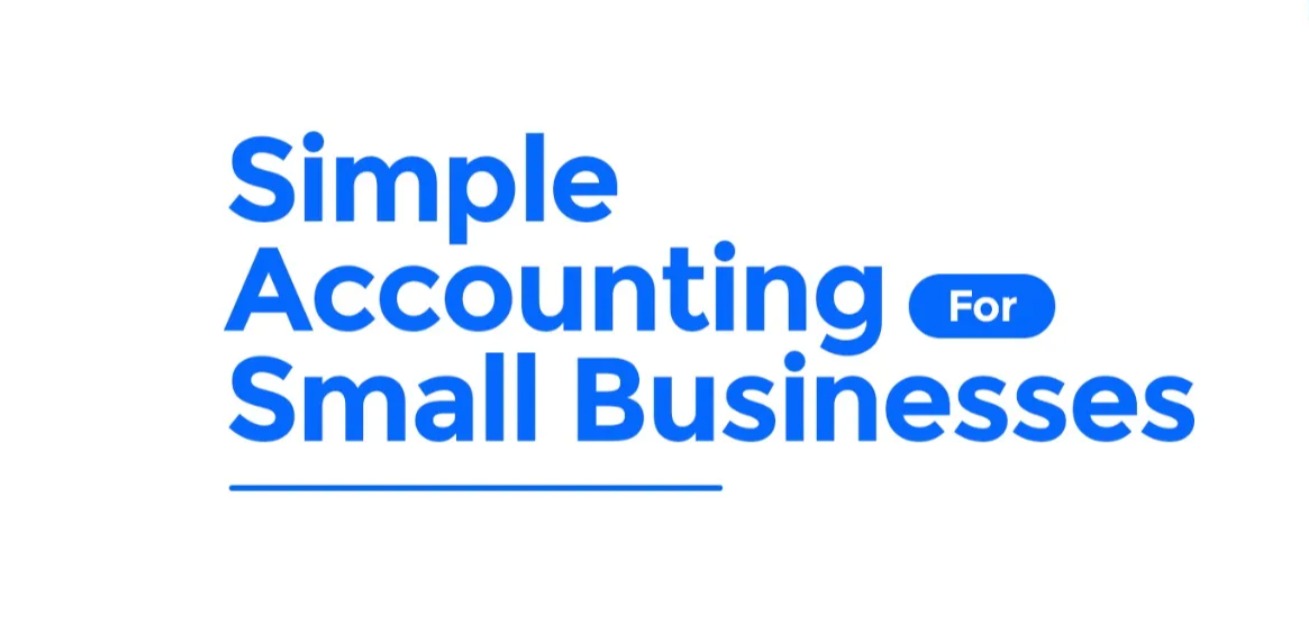Recent media reports have reignited conversation around the Treasury Single Account (TSA) and Remita, one of the leading Nigerian fintech platforms.
The House of Representatives’ Public Accounts Committee recently called on Remita to refund ₦182 billion, alleging that the company withheld funds meant for the Federal Government.
This claim, reportedly based on a forensic audit, has sparked public concern and raised critical questions.
Here are 10 key facts every Nigerian should know to better understand the TSA and Remita’s role.
1. TSA Was Introduced to Centralise Public Funds and Block Leakages:
The Treasury Single Account was initiated in 2011 as a public finance reform to consolidate all federal revenues into a single account at the Central Bank of Nigeria. The full implementation began in 2015 under President Muhammadu Buhari, marking a major shift from the previously fragmented and opaque system of government finance.
2. Remita Was Selected After Rigorous, Transparent Evaluation:
CBN says Remita Selected Based on Merit
Remita, initially developed by SystemSpecs and now an independent fintech company, was chosen in 2011 after a rigorous selection process. The Central Bank of Nigeria, the Office of the Accountant-General of the Federation, and foreign consultants assessed both local and international solutions before selecting Remita for its security, scalability, and seamless integration with financial institutions.
3. TSA Closed Over 17,000 Redundant Government Bank Accounts:
Before TSA, Ministries, Departments and Agencies (MDAs) operated thousands of unmonitored accounts in commercial banks. The TSA reform led to the closure of over 17,000 such accounts, significantly reducing waste, opacity, and administrative inefficiency.
4. Remita Enables Real-Time Monitoring and Transparency:
One of TSA’s core strengths is visibility. With Remita, MDAs and oversight bodies can track public funds in real time. This has drastically reduced the opportunity for fraud and has ensured better budget adherence.
5. Refund Order Was Directed at Remita, But the Funds Reside with Banks and CBN:
While the Public Accounts Committee directed the refund order at Remita, the alleged withheld funds would actually be held by the Banks and CBN. Remita only facilitates the transfer of government funds and does not retain them. However, the company appears to have become the convenient target of the Committee’s pronouncement.
6. TSA Enforces Spending Discipline Across MDAs:
The TSA system ensures that MDAs can only spend what has been approved through the national budget. This curtails arbitrary or unbudgeted expenditure and supports broader goals of fiscal discipline and macroeconomic stability.
7. Multiple Probes, No Misconduct Proven Against Remita:
Since 2015, both the Senate and the House of Representatives have held multiple inquiries into the TSA and Remita’s involvement. Despite extensive scrutiny – at least four probes by each chamber – no evidence of financial misconduct has ever been established against the company.
8. Remita Facilitates, But Does Not Hold Government Funds:
The allegation that Remita withheld ₦182 billion overlooks a critical point: Remita is not a custodian of public funds. It is a payment platform that facilitates the movement of funds from MDAs to the TSA at the Central Bank. It does not receive, store, or invest these funds.
9. Legislative Committees Cannot Enforce Financial Refunds:
While the Public Accounts Committee plays a vital oversight role, it does not have the statutory authority to demand or enforce financial refunds. That responsibility lies with regulatory bodies like the CBN and the Office of the Accountant-General, who have yet to confirm the Committee’s findings publicly.
10. TSA Is a Model of Indigenous Innovation:
The success of the TSA is, in part, a testament to Nigerian innovation. Powered by Remita, the TSA has been cited as a model reform by international institutions, including the World Bank. It has saved Nigeria billions and helped strengthen confidence in local technological capacity.
The conversations around Remita and the TSA underscore the need for transparency, not just in our financial systems, but also in how public institutions handle oversight.
Scrutiny is essential, but it must be grounded in facts, process, and fairness. At a time when Nigeria’s tech ecosystem is earning global respect, we must be careful not to stifle its progress through speculative trials.
The post TSA & Remita: 10 Fast Facts Every Nigerian Should Know appeared first on Tech | Business | Economy.

.png) 20 hours ago
3
20 hours ago
3









.png)







 English (US) ·
English (US) ·